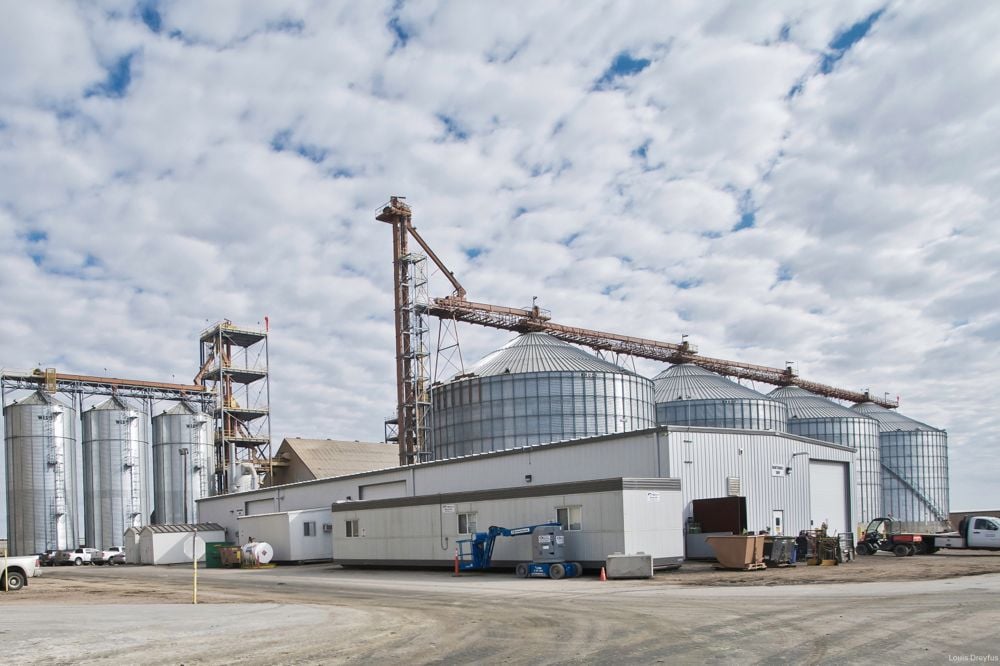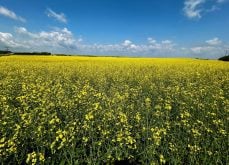The first of two ships being built for CWB is on its way to Canada.
The company took delivery of the CWB Marquis Oct. 31.
The Equinox-class laker, named after a popular variety of Canadian wheat, is now on its maiden voyage across the Pacific Ocean and is expected to reach the Saint Lawrence Seaway via the Panama Canal by the end of December.
“Marquis wheat has a long and distinguished history on the Prairies and we are proud to name CWB’s first laker vessel in honour of its legacy,” CWB president Ian White said in a Nov. 10 news release.
Read Also

Louis Dreyfus posts higher volumes, lower profits in first half
Agricultural commodity merchant Louis Dreyfus Company recorded a rise in first-half sales, supported by higher volumes shipped, but weaker prices for most crops pushed down profits, it said on Friday.
“Almost every variety of wheat grown on the Prairies since the beginning of the 20th century can be traced back to Marquis wheat.”
The CWB ship was built at the Nantong Mingde Heavy Industries shipyard in China and will be operated in Canada by Algoma Central Corp.
It will be used to carry grain eastward out of Thunder Bay, Ont., and will haul iron ore on the backhaul.
The other CWB vessel, which is scheduled to be completed early next year, will also be managed and operated by Algoma.
“Algoma is very excited about the partnership with CWB and is looking forward to managing the vessels and providing continued quality service to our customers,” said Algoma chief executive officer Greg Wight.
CWB said the new ships will be part of its integrated supply chain, which delivers Canadian grain to customers around the world.
“Our investment in state-of-the-art lakers complements CWB’s growing list of assets, and the ships will play a strategic role in an integrated grain handling supply chain,” White said.
The new CWB ships will be navigating through controversial waters even before they arrive in Canada.
The decision to commission the ships was one of the final moves made by farmer-elected directors at CWB.
They were commissioned in 2011, shortly before Parliament passed a bill that ended CWB’s single desk marketing authority and stripped the board’s farmer-elected directors of their duties.
Ownership of the boats is still being contested by a group of western Canadian farmers, which has launched a class action suit against Ottawa.
Class action litigants say all assets of CWB, including the ships, were bought with revenue derived from the sale of western Canadian grain. As a result, the assets rightfully belong to western Canadian farmers.
Growers involved in the class action suit announced recently that they will seek leave to have their case heard at the Supreme Court of Canada.















